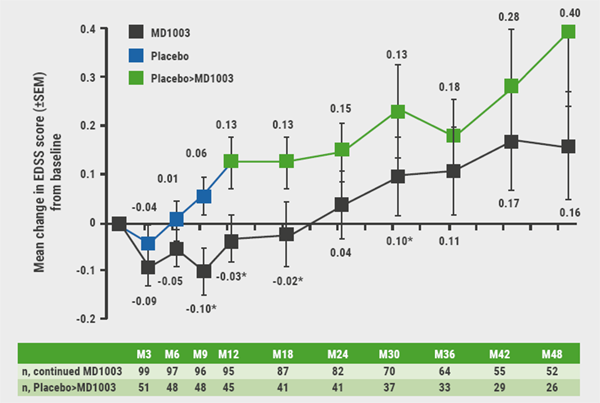The authors emphasised that treatment should be individualised, and be a collaborative decision of the patient, caregiver, and clinician. Treatment options include watchful waiting, the Comprehensive Behavioral Intervention for Tics (CBIT), and medication. Recommendations on how to offer and monitor these therapies have been provided. “It is important that doctors let patients know that tics may improve with time,” said guideline lead author Dr Tamara Pringsheim (University of Calgary, Canada). “Treatments can help decrease tic frequency and severity, but they rarely eliminate all tics.”
Some of the recommendations include:
- Clinicians should inform patients and caregivers that watchful waiting is an acceptable approach in people who do not experience functional impairment from their tics.
- Clinicians may prescribe CBIT as an initial treatment option relative to watchful waiting, for people with tics who do not experience functional impairment, if they are motivated to attempt treatment. CBIT combines relaxation training, habit-reversal training, and behavioural therapy to help reduce tic symptoms.
- In patients with tics, clinicians should assess for comorbid attention-deficit hyperactivity disorder (ADHD), obsessive-compulsive disorder (OCD), anxiety, mood, and disruptive behaviour disorders.
- Clinicians should direct patients with Tourette syndrome who self-medicate with cannabis to medical supervision where they can be monitored for efficacy and adverse events. Depending on local laws, clinicians may consider treatment with cannabis in treatment-resistant patients.
- Deep brain stimulation (DBS) may be considered in adults with severe Tourette syndrome who are resistant to medical and behavioural therapy.
1. Pringsheim T, et al. Neurology. 2019;92(19):896-906.
Posted on
Previous Article
« Direct oral anticoagulants compared to vitamin K antagonist in atrial fibrillation -related cerebral ischemia Next Article
Three very promising new treatments of NMOSD »
« Direct oral anticoagulants compared to vitamin K antagonist in atrial fibrillation -related cerebral ischemia Next Article
Three very promising new treatments of NMOSD »
Table of Contents: AAN 2019
Featured articles
Letter from the Editor
Interview with Prof. Natalia Rost
Alzheimer's Disease and other Dementias
Amyloid PET in cognitively impaired patients
Tight blood pressure control lowers risk of mild cognitive impairment
Epilepsy
Headache and Migraine
Multiple Sclerosis and NMOSD
Immune tolerance by peptide-loaded tolerogenic dendritic cells
Biotin, ocrelizumab, and ibudilast in progressive MS
No increased MS relapse risk postpartum
Neuromuscular Disorders
First-ever effective and safe treatment of CMT1A
Parkinson’s Disease and other Movement Disorders
Leukaemia and hypertension therapies tested in Parkinson’s disease
Stroke
Miscellaneous
Possibly lifesaving therapy in refractory PML
New AAN guideline for treating Tourette syndrome
Subspecialty teleneurology: feasible and highly valued
Related Articles
July 30, 2019
Fremanezumab efficacy and safety maintained over 1 year

July 30, 2019
Biotin, ocrelizumab, and ibudilast in progressive MS
© 2024 Medicom Medical Publishers. All rights reserved. Terms and Conditions | Privacy Policy
HEAD OFFICE
Laarderhoogtweg 25
1101 EB Amsterdam
The Netherlands
T: +31 85 4012 560
E: publishers@medicom-publishers.com

